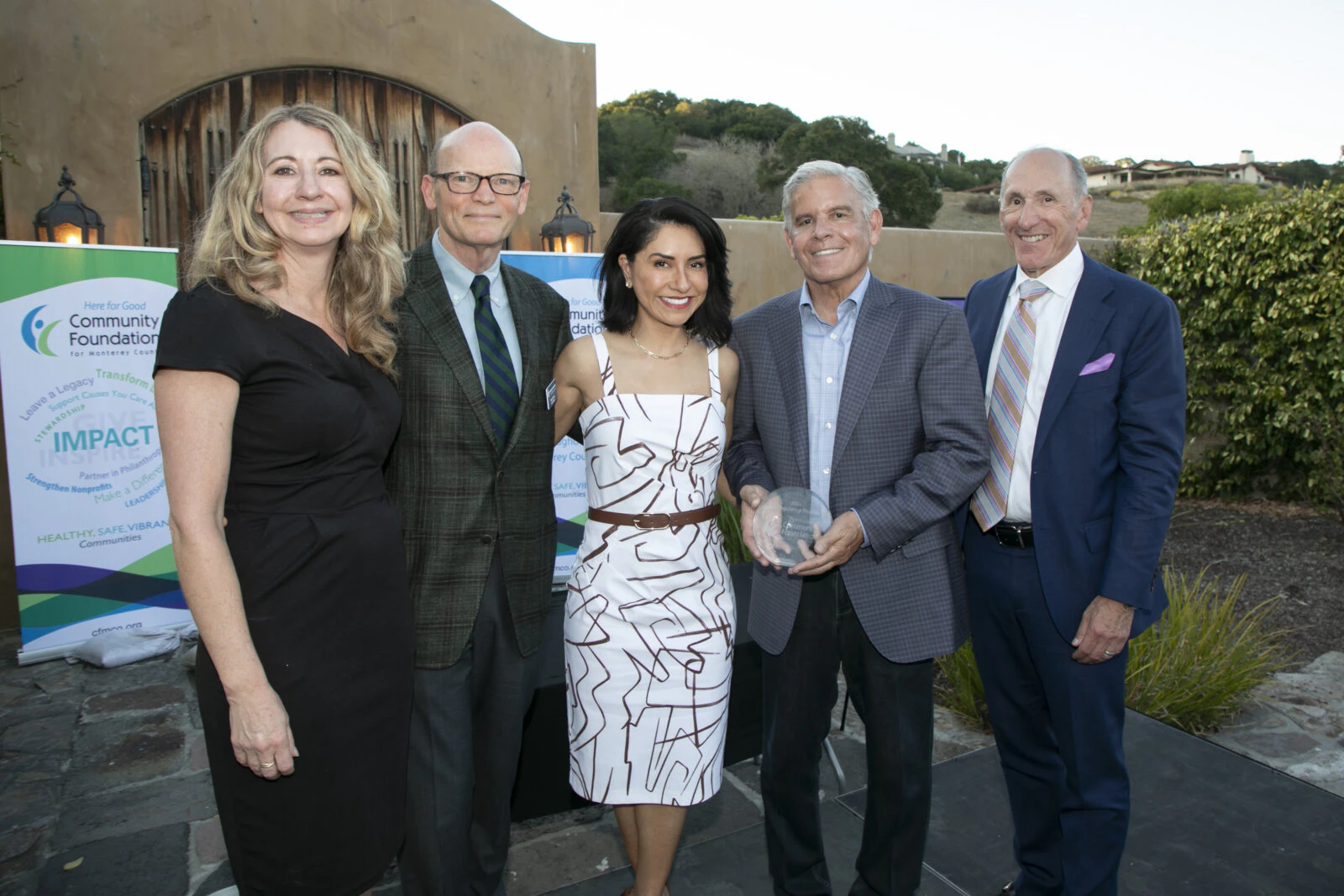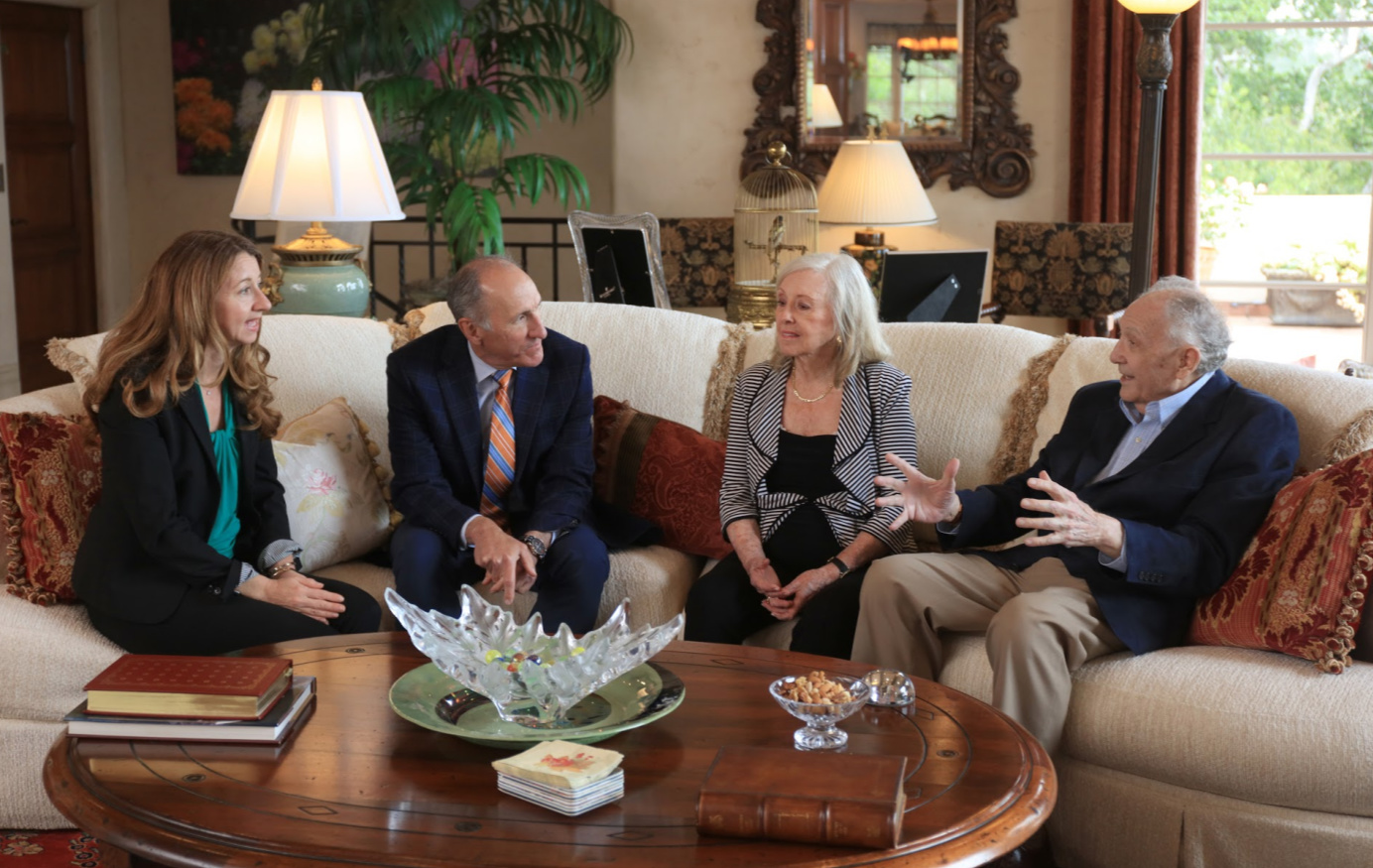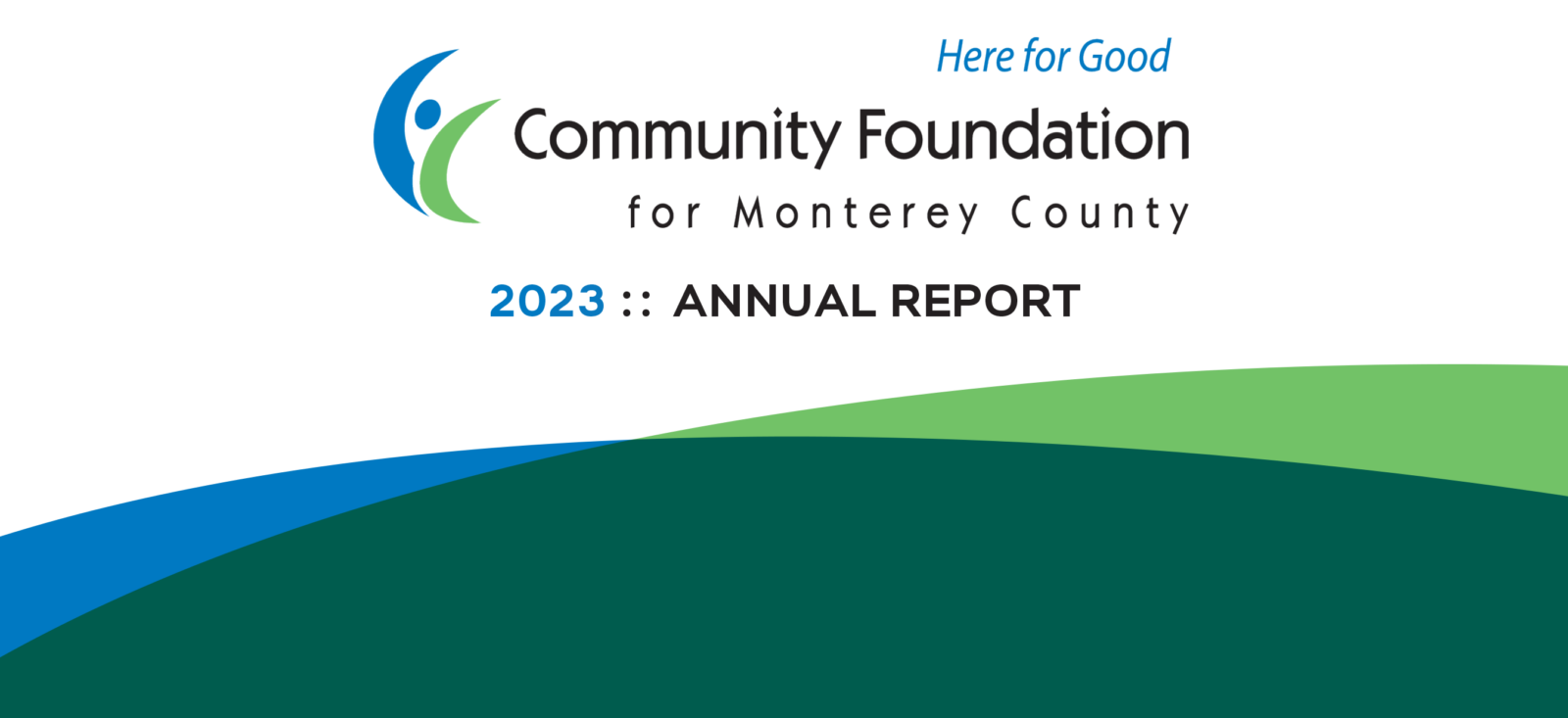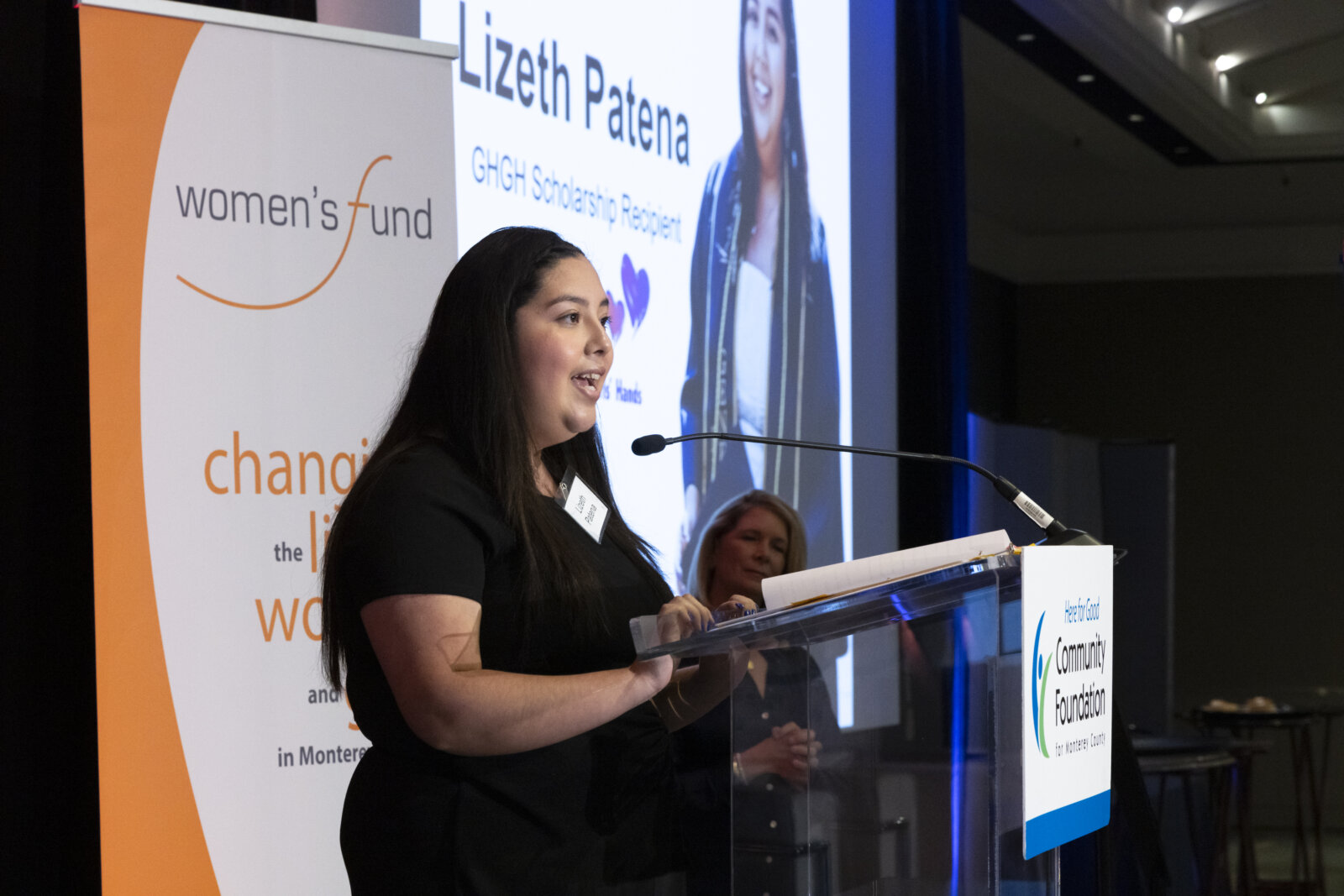Income for Today, A Gift for Tomorrow
A “life income gift” may be of interest to those who would like to support their favorite causes while also securing their income. These gift plans are especially appealing for donors who donors who have experienced declining interest or dividend yields in recent years.
These gifts can provide fixed or variable payments to the donor or others for one or more lifetimes, a term of years, or a combination of the two. Payments to the beneficiary can be taxed at favorable rates, or even partially tax-free. There is no capital gains tax on the transfer of appreciated property to the life income gift, and the donor receives a current income tax charitable deduction for the value of the charitable contribution.
Here are two examples of life income gifts:
Charitable Gift Annuity (CGA)
In exchange for an irrevocable gift, the CFMC issues a contract promising to pay a fixed annuity for the lifetime(s) of one or two individuals. The amount of the annuity depends upon the age(s) of the annuitant(s) at the time of the gift (minimum age is 65) and does not change.
Sample CGA Scenario
For example, Ed, who is age 78, was looking for a higher return than what his bank offers for a $25,000 certificate of deposit. He chose to contribute the money to the CFMC in exchange for a charitable gift annuity.
- Based upon his age, the annuity will pay him 7.6% ($1,900/year) for life, of which $1,350.90 will be tax free. (After 10 1/2 years, the entire amount will be taxed as ordinary income).
- ED will also receive a current income tax deduction of $10,811 for his contribution.
- Upon his passing, the remainder of the annuity will benefit his favorite cause at his death.
To calculate different annuity illustrations for your clients, please contact us or visit our gift calculator.
Charitable Remainder Unitrust (CRUT)
A charitable remainder trust pays its income beneficiaries a fixed percentage of the trust fund's value (as revalued each year) or a fixed amount annually. Upon their passing, the remainder of the trust benefits the cause(s) designated by the donor.
This charitable giving strategy generates income and can help you pursue your philanthropic goals. Charitable trusts can help with retirement, estate planning and tax management, all while supporting your favorite nonprofits.
CRTs work particularly well with gifts of securities, real estate, or other property because the charitable remainder trust is tax-exempt, does not pay capital gains tax when it sells the contributed property, and can distribute tax-favorable long-term capital gain income to its beneficiaries.
CRT Scenario
For example, Alicia, who is age 76, owns shares of stock now worth $500,000 which cost her $100,000 several years ago. Although the stock has increased in value, its dividend yield is a modest 1.5%, about $7,500 per year. She wants to diversify her investments and produce higher income, but is concerned about the capital gains tax she will pay if she sells the stock. Alicia creates a charitable remainder trust with an irrevocable gift of stock to the Community Foundation.
- The Foundation pays Alicia an amount equal to 5% of the value of the trust fund each year
- In the first year Alice’s trust income will be $25,000 and a significant portion of her annual income could be taxed at favorable rates compared to ordinary income.
- Alicia will receive an income tax charitable deduction of more than $297,820.
- Upon her passing, the remainder of her gift will benefit the nonprofit(s) of her choice.
To discuss life income gift options, please contact us at (831) 375-9712 for personalized illustrations.















